Ikigai - Japanese Secret to long and happy life ✨
Ikigai means reason for being. This concept can help you find your purpose, the reason for waking up in the morning.
THREAD 👇🧵
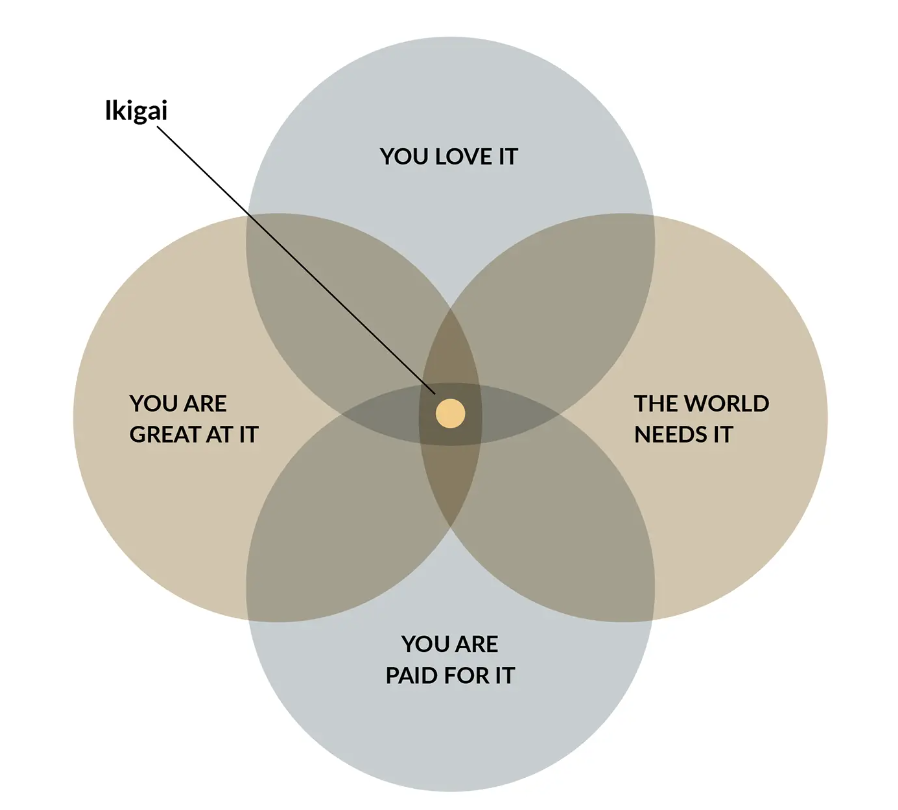
1 - Something you are good at
2 - You love to do
3 - The world should need it
4 - You have to get paid for that
We often spend too much time improving something we are bad at and ignoring what we are good at.
Concentrate on what you are good at. Become a master in that one thing.
Possess specialized knowledge! 📗
This goes hand in hand with Dim 1. You are only good at something because you love it.
The complication occurs when you love something that has certain parts that you repel.
This is where you need to understand the power of outsourcing.
The world here can be a small family, a small community or the whole wide world.
Dwell upon how your current skill set can make the world a better place?
To make this sustainable, consider money as a form of energy that fuels this purpose.
Dim 1 & 2 = When we do what we are good at and what we love = Passion
But Passion alone does not mean Ikigai, as it could also be something the world does not need (can be destructive) or generate money.
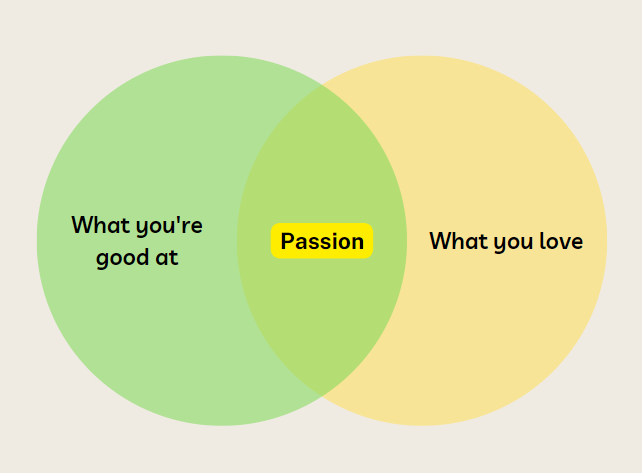
But a mission alone cannot be Ikigai. Because we may not be good at it nor do we earn anything from it.
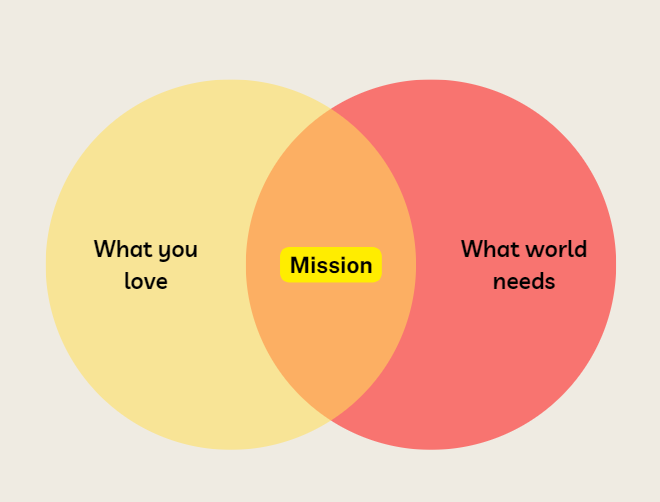
This alone does not mean Ikigai. We might not be good at it nor do we love doing it. Without passion for it, it won't sustain for long.
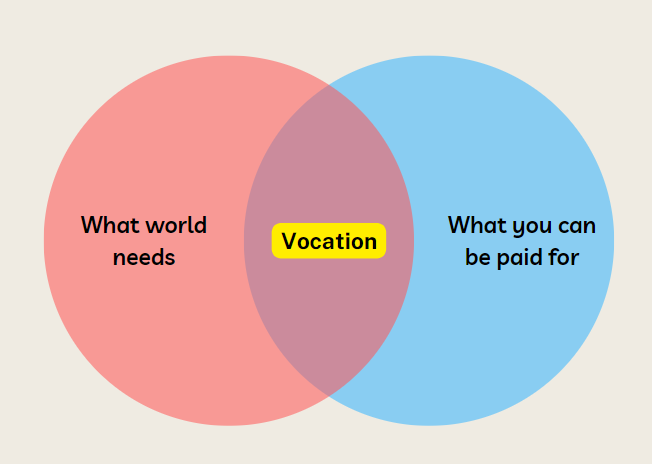
But this does not mean the world needs it or that one loves doing it. Many people hate their professions.
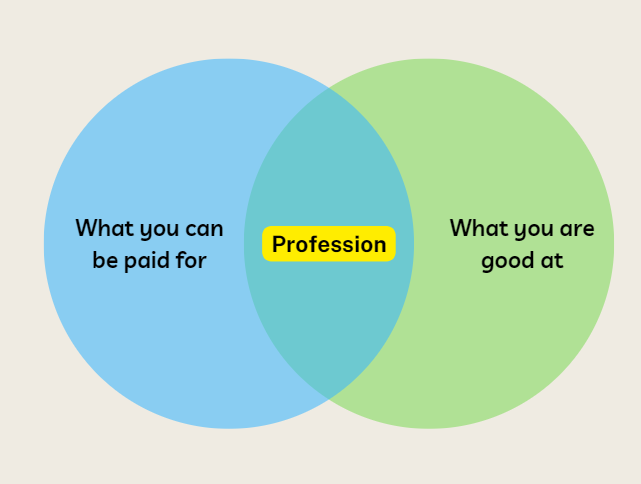
This is not something you will find in a day. But understanding the 4 dimensions is the 1st step in the quest to achieve Ikigai.
Follow @WealthfulMindif you want to:
- Build Wealth
- Live Authentically
- Find True Connection
You need to learn how to silence your thoughts and control your life.
Free Guide 👇
https://t.co/jwoEZqdmXE
You May Also Like
H was always unseen in S2NL :)
Those who exited at 1500 needed money. They can always come back near 969. Those who exited at 230 also needed money. They can come back near 95.
Those who sold L @ 660 can always come back at 360. Those who sold S last week can be back @ 301
Those who exited at 1500 needed money. They can always come back near 969. Those who exited at 230 also needed money. They can come back near 95.
Those who sold L @ 660 can always come back at 360. Those who sold S last week can be back @ 301
Sir, Log yahan.. 13 days patience nhi rakh sakte aur aap 2013 ki baat kar rahe ho. Even Aap Ready made portfolio banakar bhi de do to bhi wo 1 month me hi EXIT kar denge \U0001f602
— BhavinKhengarSuratGujarat (@IntradayWithBRK) September 19, 2021
Neuland 2700 se 1500 & Sequent 330 to 230 kya huwa.. 99% retailers/investors twitter par charcha n EXIT\U0001f602







